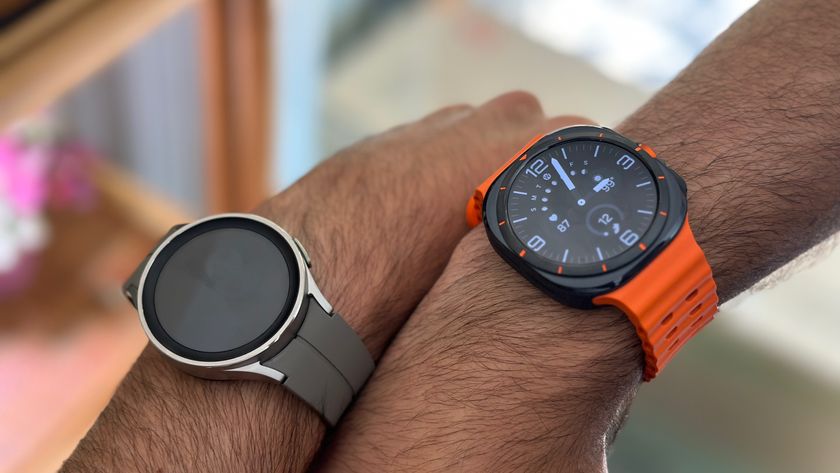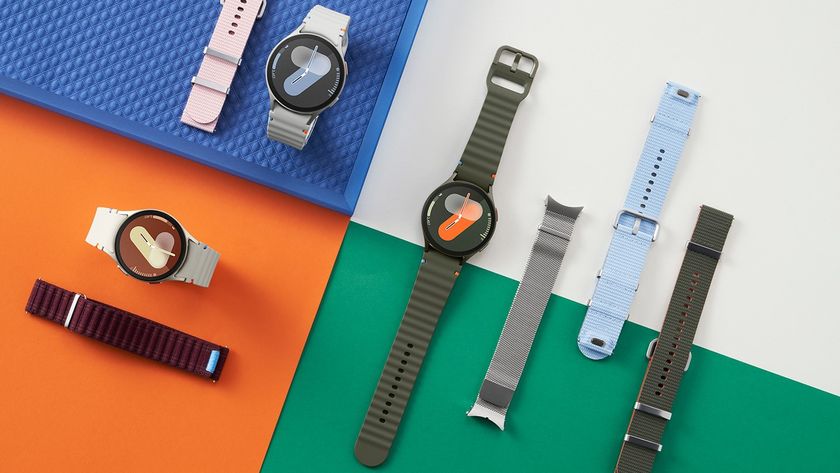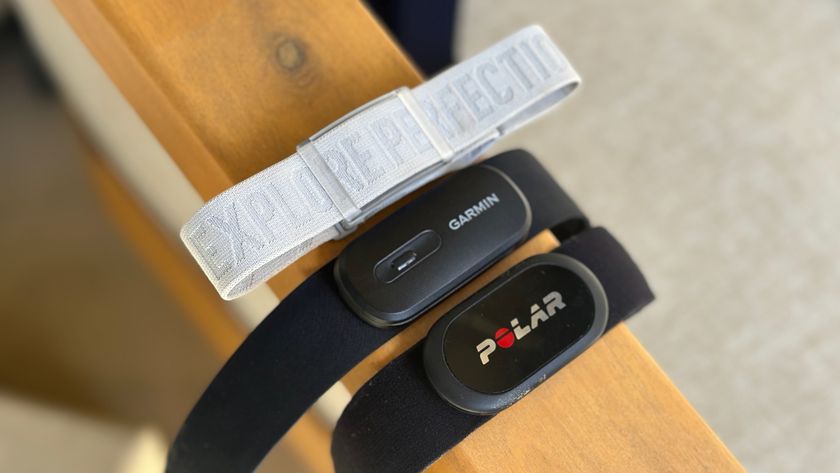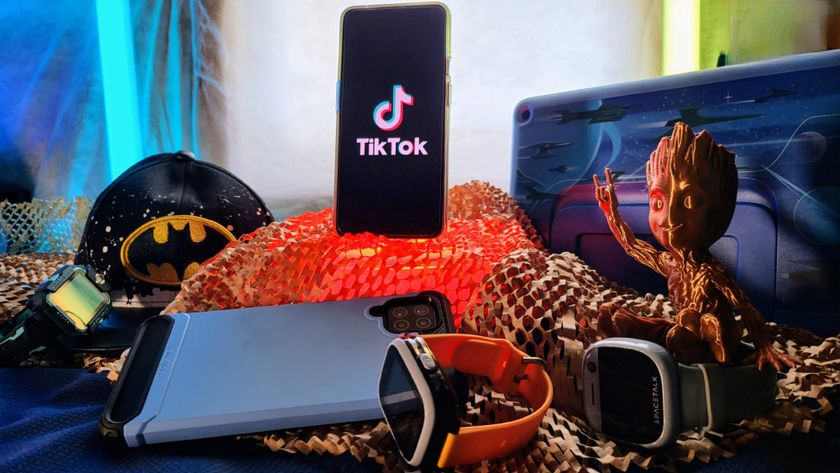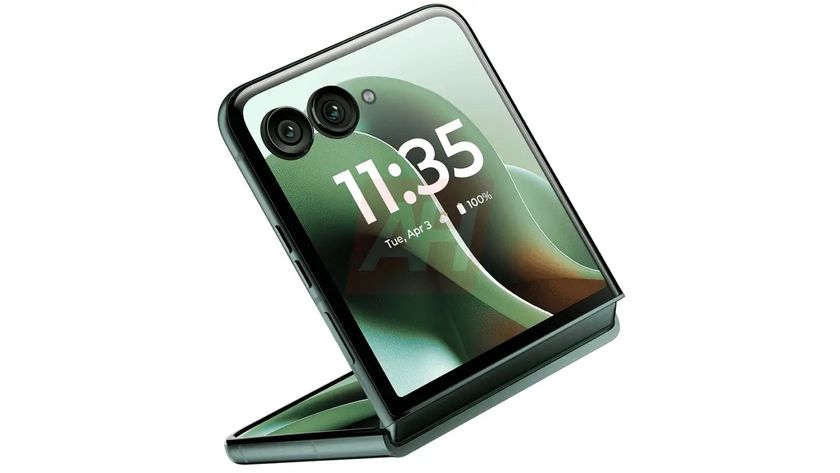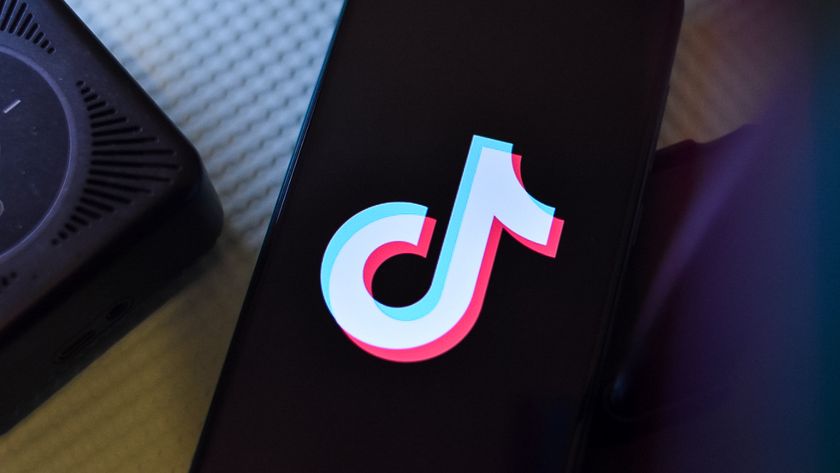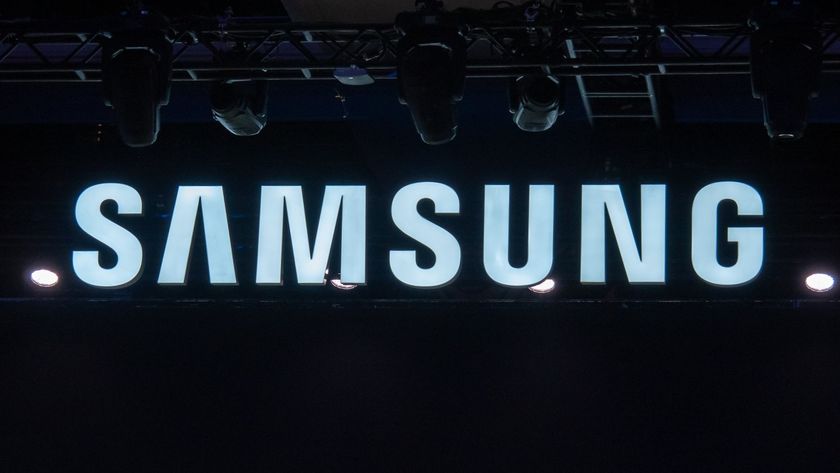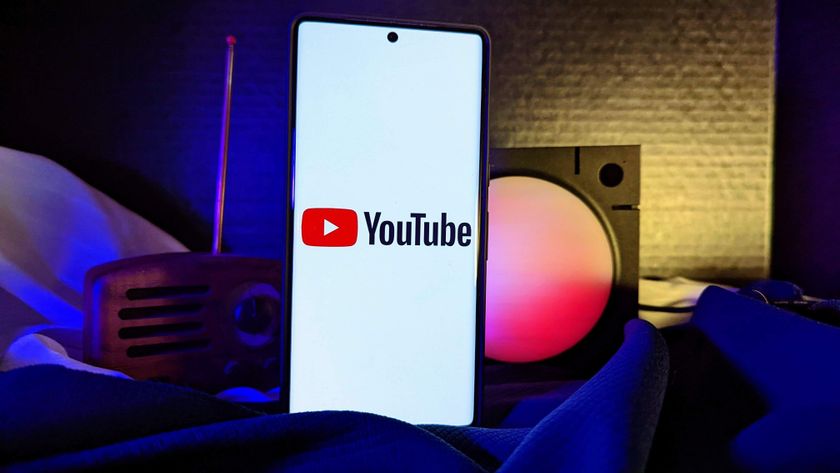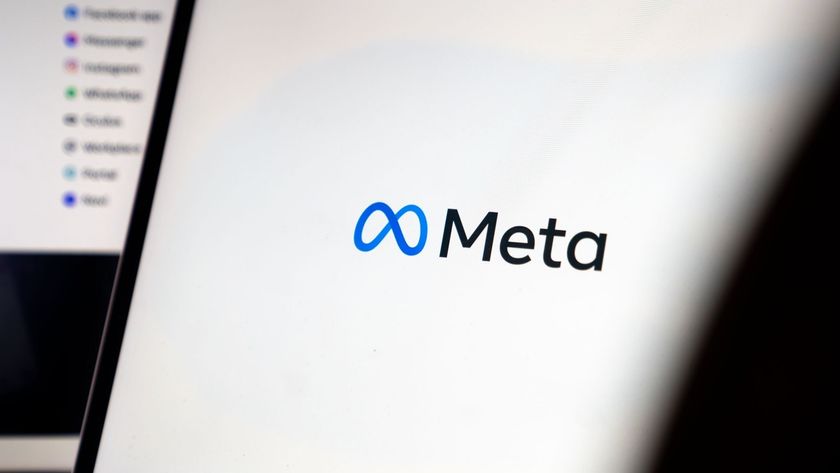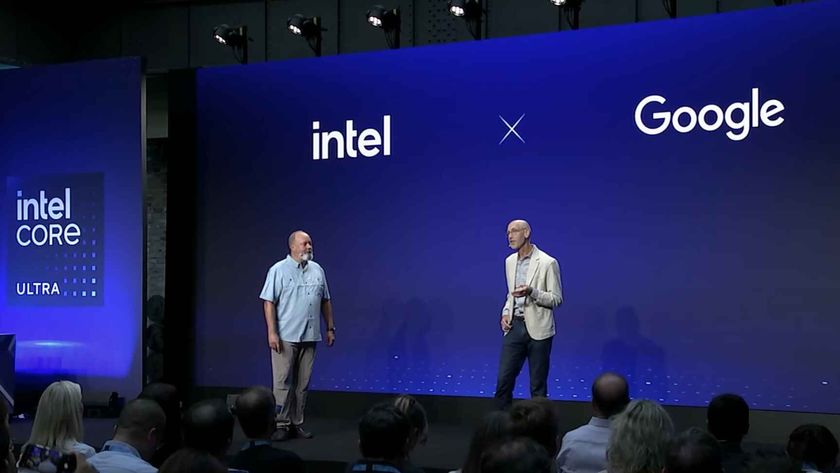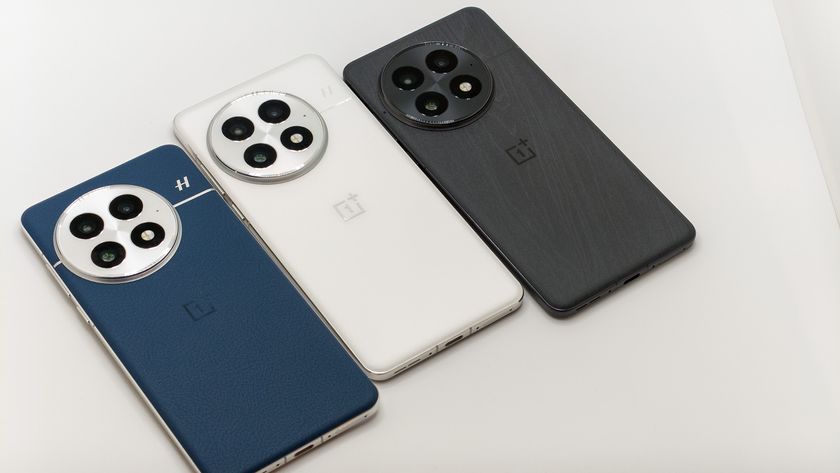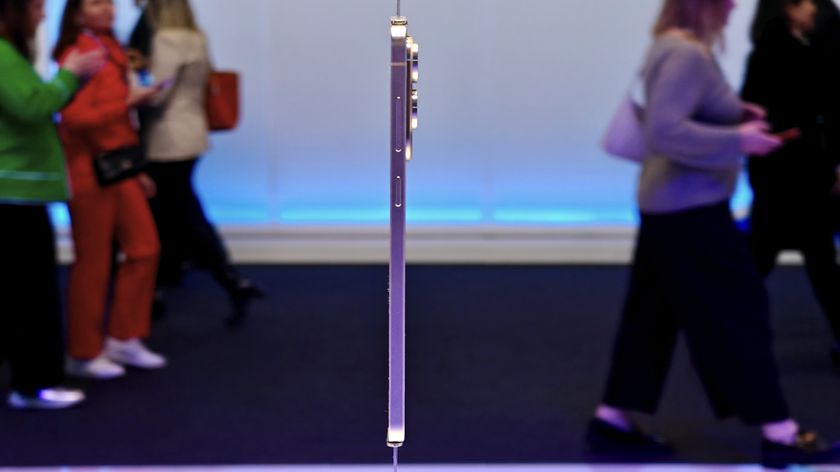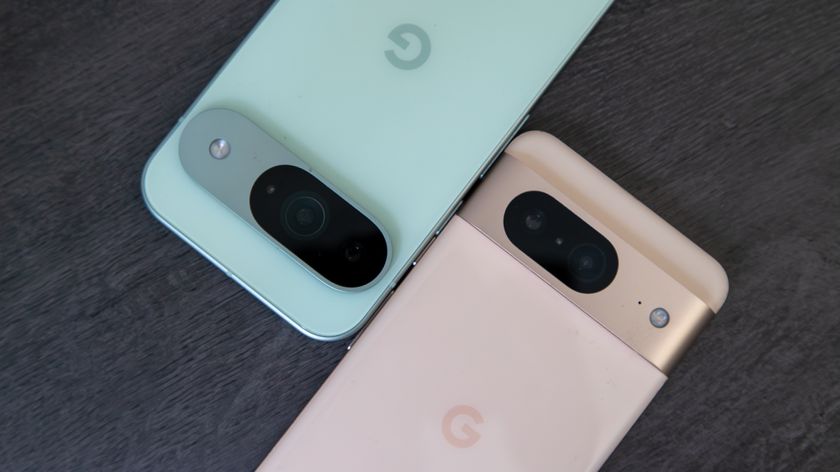Garmin Forerunner 245 vs. Galaxy Watch Active 2: Which should you buy?
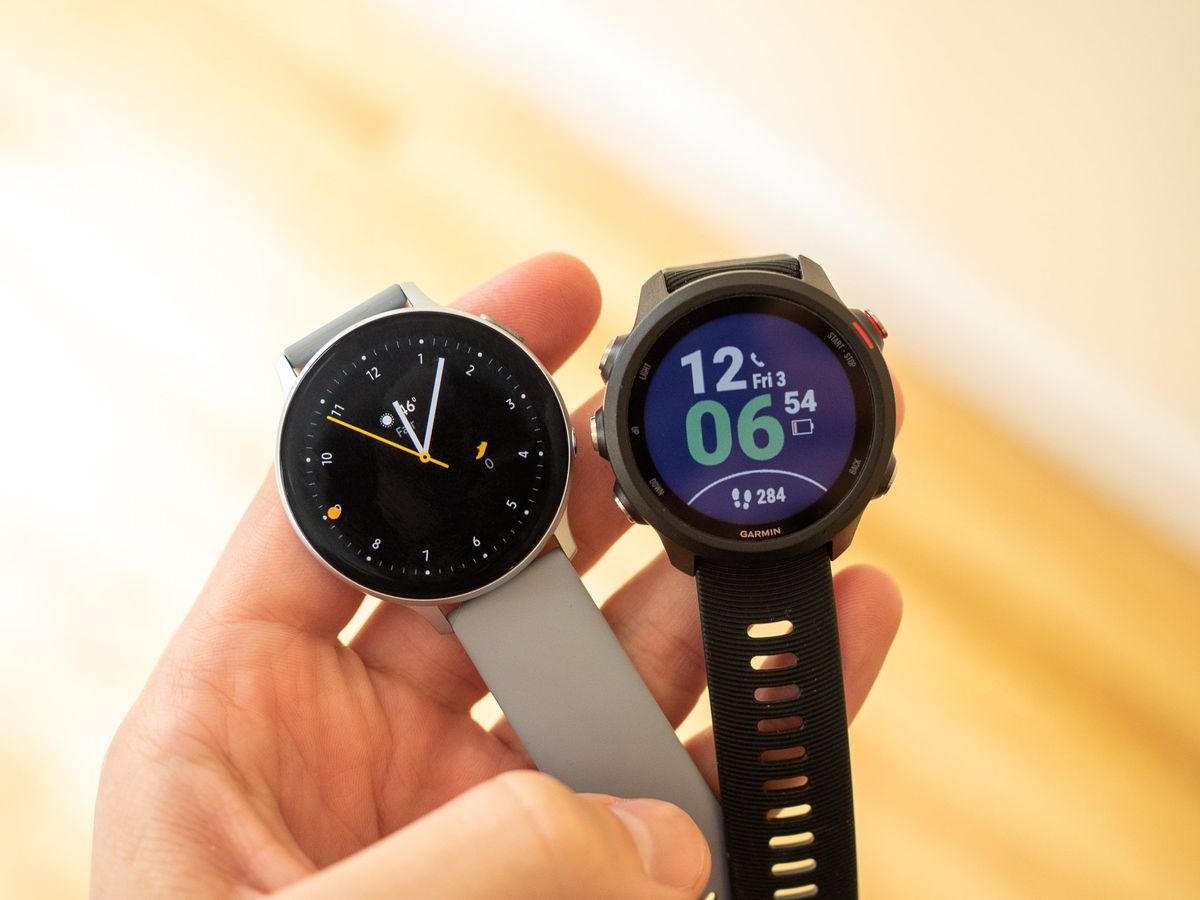
Garmin Forerunner 245
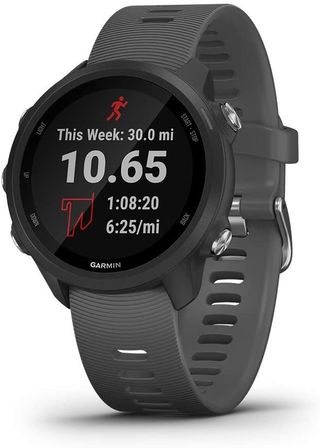
Garmin focuses on fitness above all else, and it shows. The Forerunner 245 has excellent GPS and heart rate tracking, as well as in-depth training software and every bit of data analysis you could want. However, in turn, it gives up daily usability, with no touchscreen and slimmed-down software. Thankfully, you get long battery life in return.
Garmin Forerunner 245
Fitness focused
Samsung Galaxy Watch Active 2
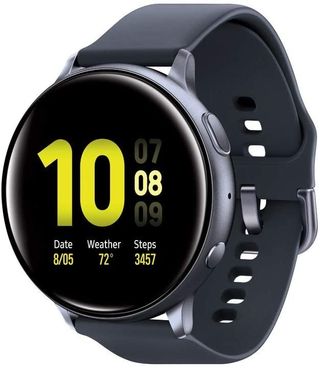
The Watch Active 2 comes at fitness from the perspective of an all-around capable smartwatch. Its full-featured software and beautiful touchscreen let you use apps, widgets, and notifications with ease. It gives up on hyper-accurate fitness tracking, though, and it doesn't have the long battery life or in-workout ease-of-use of the Garmin.
Samsung Galaxy Watch Active 2
All-around features
Should you buy a Forerunner 245 or Galaxy Watch Active 2?



When you're looking for a fitness-focused smartwatch, there are two parts of the equation: its daily use "smart" features and fitness tracking capabilities. Both of these watches have their strong points, with the Galaxy Watch Active 2 coming out on top in the daily category and the Forerunner 245 pulling ahead of it in terms of fitness.
In some ways, the watches are very comparable in their hardware. They're both roughly the same size and weight and come with similar sporty straps but you can replace them with standard-sized straps. Their casings are 5 ATM water-resistant, making them more than robust enough for swimming, and though the Forerunner is plastic and the Watch Active 2 is metal, they're both pretty tough and built to take some abuse.
| Header Cell - Column 0 | Forerunner 245 | Galaxy Watch Active 2 |
|---|---|---|
| Screen | 1.2-inch, 240x240Non-touch | 1.35, 360x360Touch screen |
| Battery | 6-7 days | 2-3 days |
| Water resistance | 5 ATM | 5 ATM |
| Connectivity | Bluetooth, Wi-FiGPS, GLONASS | Bluetooth, Wi-FiGPS, GLONASS |
| Heart rate | Yes | Yes |
| Pulse OX | Yes | No |
| Dimensions | 42.3 x 42.3 x 12.2 mm38.5 g | 44 x 44 x 10.9 mm36 g |
The most notable difference to start is the Galaxy Watch Active has a larger, nicer display that has a full touchscreen compared to the Forerunner 245's smaller non-touchscreen. Every interaction on the Watch Active 2 is faster, smoother, and better looking. You can quickly move through screens, make precise selections, and see everything happen in robust colors with sleek animations. You have to navigate the Forerunner with side buttons, which gets the job done but isn't as intuitive or fast. Side-by-side the Forerunner's screen looks a bit washed out and low resolution as well.
For day-to-day activities, and 'smart' features, Samsung takes the cake.
Those screens lead to notable differences in daily use. The Watch Active 2 has more fully-featured software with complete app experiences, multi-tiered menus, interactive notifications, and more — this is more like a small smartphone experience. The Forerunner handles notifications, messages, and basic information like weather and calendar just fine, but anything beyond that is either difficult or impossible. The Watch Active 2 can go deep into full-featured third-party apps and widgets with really dense information, while the Forerunner basically keeps you locked into watch faces and a handful of basic widgets mostly focused on fitness tracking.
When it comes to serious fitness tracking, the Garmin takes the lead, as you may have expected. It's fully-focused on fitness, with continuous heart rate monitoring, a blood oxygen sensor, and software designed to quantify and track your daily movements and workouts.
Be an expert in 5 minutes
Get the latest news from Android Central, your trusted companion in the world of Android
Garmin's fitness tracking is excellent, and you can do more with the data too.
Both watches have the same basic set of sensors, from GPS to heart rate, but in my head-to-head testing the Garmin routinely performs more accurately and consistently. In my own experience running with both watches, the Galaxy Watch Active 2 is anywhere from 5-10% off in its distance tracking with GPS, which is considerably worse than the roughly 1% margin of error observed in the Forerunner 245.
The Forerunner's downsides in the display category for daily use actually make it a better choice for fitness. Not having a touchscreen, and having to rely on side buttons is actually a welcome feature when you're trying to quickly make a selection or change your display during an activity. Plus, its always-on low-reflectivity display is easy to see at all times. Its simpler software and non-touchscreen also lead to incredible battery life, averaging about a week between charges while the Watch Active 2 is only good for a maximum of two days if you're using it for sleep tracking.
When fitness comes first, Garmin wins — but Samsung has a more well-rounded smartwatch.
The Forerunner also has much more robust software for setting up training routines, running routes, workouts, and more. And though the readout on the watch itself isn't incredibly in-depth, the Garmin Connect app on your phone goes into the gritty details of every aspect of your performance. The Watch Active 2 has Samsung Health, an all-in-one fitness platform, but it's much more targeted at casual users and daily activity tracking than intense workouts and training.
If your primary use for a smartwatch is fitness tracking and workouts, the Garmin Forerunner 245 is going to be your best choice. It can get the job done for non-fitness function, but those clearly secondary for Garmin. On the other hand, the Samsung Galaxy Watch Active 2 does an okay job at fitness tracking and is much better at the "smart" features in day-to-day use.

Fitness tracking first and foremost.
The Forerunner 245 is an excellent choice for anyone focused on fitness tracking and training, thanks to its simple software and great sensor accuracy. But it lacks in general smartwatch features.

A great all-around smartwatch with a lean toward fitness.
The Watch Active 2 is a great all-around smartwatch with powerful software and a brilliant touch screen. Its fitness features are just one of many things it can do, and so it doesn't stand out as much in this area.
Andrew was an Executive Editor, U.S. at Android Central between 2012 and 2020.
